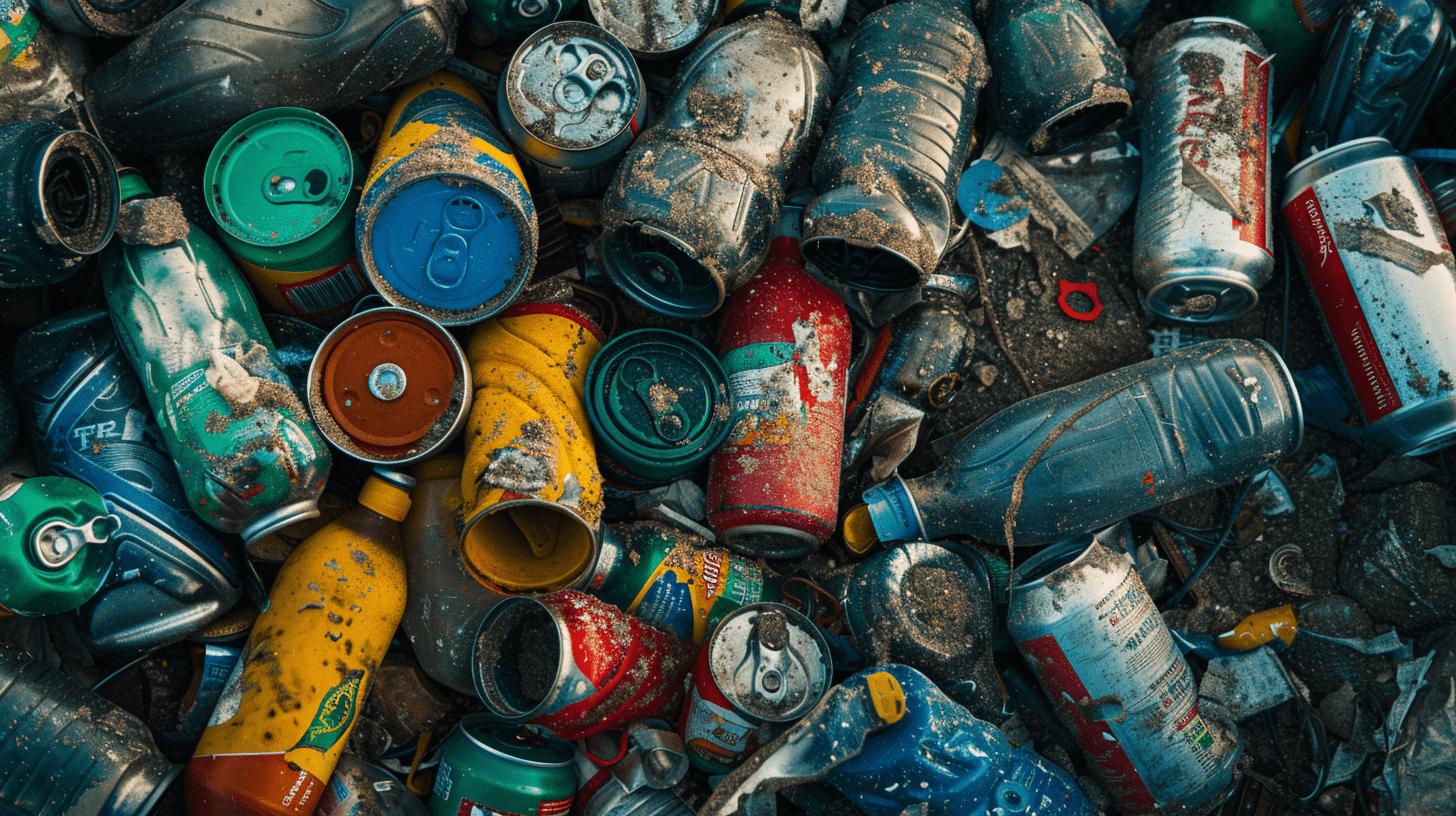The 3R's: Reduce, Reuse and Recycle
Learn the principles of Reduce, Reuse, Recycle in this Challenge, highlighting their importance and impact on sustainability

Recycling for a Greener Planet: Essential Practices
Recycling involves processing materials to make new products, which helps conserve resources and reduce waste. By diverting waste from landfills and turning it into reusable materials, recycling plays a crucial role in promoting environmental sustainability and reducing the strain on our planet's resources.

Recycling might not always be the best option however, for office (kraft) paper, energy for recycling needs to be purchased, usually from fossil fuels, because recycling doesn't produce fuel by-products like primary production does. Burning waste paper in a Waste-to-Energy plant can replace fossil fuels, reducing overall non-renewable energy use. This can save around 30 million tons of coal annually in the U.S., or 3% of its coal consumption[2].
Benefits of Recycling
Reduces the Need for Raw Materials
Recycling lessens the demand for virgin materials, such as minerals, timber, and petroleum. This helps preserve natural habitats, reduces deforestation, and lowers the environmental damage caused by mining and drilling activities.
For example, recycling aluminium saves up to 74% of the energy required to produce new aluminium from raw materials.
Saves Energy
The process of recycling materials typically consumes less energy compared to producing new products from raw materials. For instance, manufacturing products from recycled aluminium uses significantly less energy than making them from bauxite ore. This energy savings translates to fewer fossil fuels burned and reduced greenhouse gas emissions.
Decreases Pollution and Greenhouse Gas Emissions
Recycling reduces the pollution generated by waste disposal and manufacturing processes. When materials are recycled, there is less need for incineration and landfill disposal, both of which can release harmful pollutants into the air and water. Additionally, recycling helps mitigate climate change by lowering the greenhouse gas emissions associated with producing new materials.
Practical Tips for Recycling
Know Your Local Guidelines
Familiarize yourself with local recycling rules to ensure you're recycling correctly. Different regions have different guidelines on what can and cannot be recycled. Understanding your community's specific requirements helps maximize the effectiveness of recycling programs and prevents contamination of recyclable materials.
Sort and Clean Recyclables
Properly sorting and cleaning recyclables can improve the efficiency of the recycling process. Rinse out containers to remove food residue and sort them into the appropriate bins.
Contaminated recyclables can spoil entire batches, rendering them non-recyclable and sending them to landfills instead.
E-Waste Recycling
Recycle electronic waste like old phones, computers, and batteries at designated e-waste recycling centers. These items contain hazardous materials, such as lead, mercury, and cadmium, which should not end up in landfills.
Proper recycling of e-waste prevents these toxic substances from polluting the environment and allows valuable materials to be recovered and reused.
Composting
Composting organic waste like food scraps and yard waste can significantly reduce the amount of waste you send to the landfill. Composting not only decreases landfill waste but also produces nutrient-rich soil for gardening and landscaping.
This process recycles organic matter back into the ecosystem, enhancing soil health and reducing the need for chemical fertilizers.